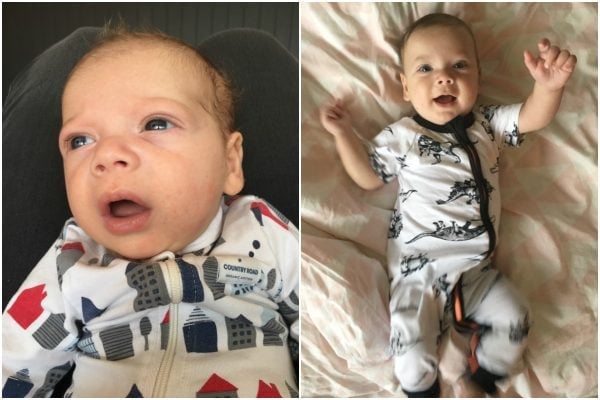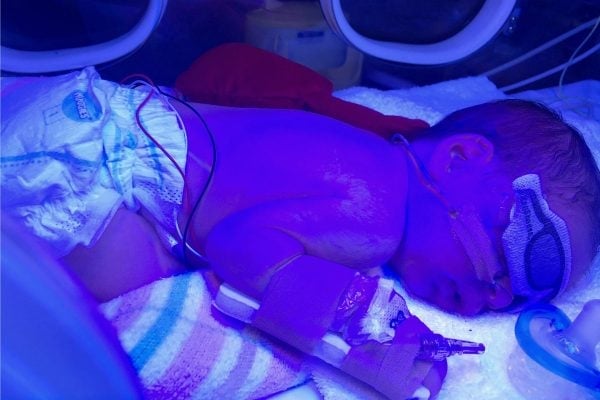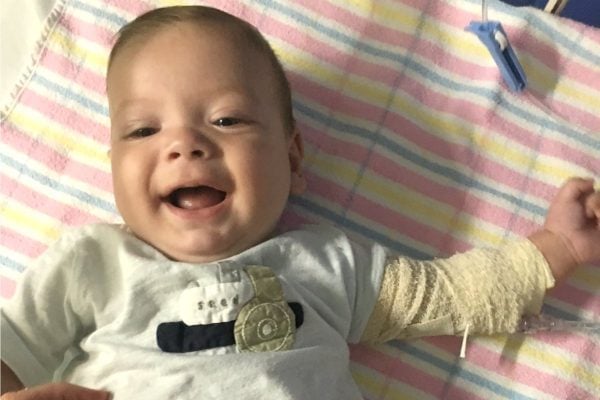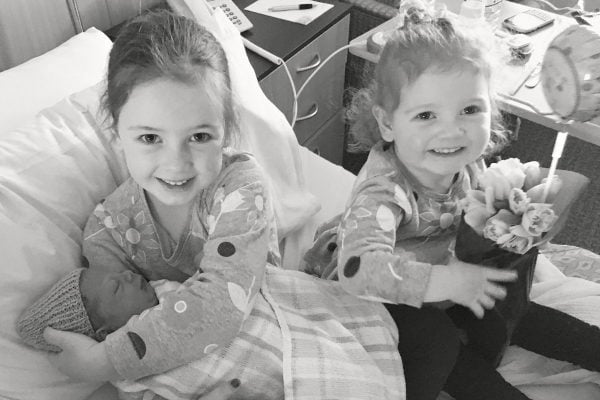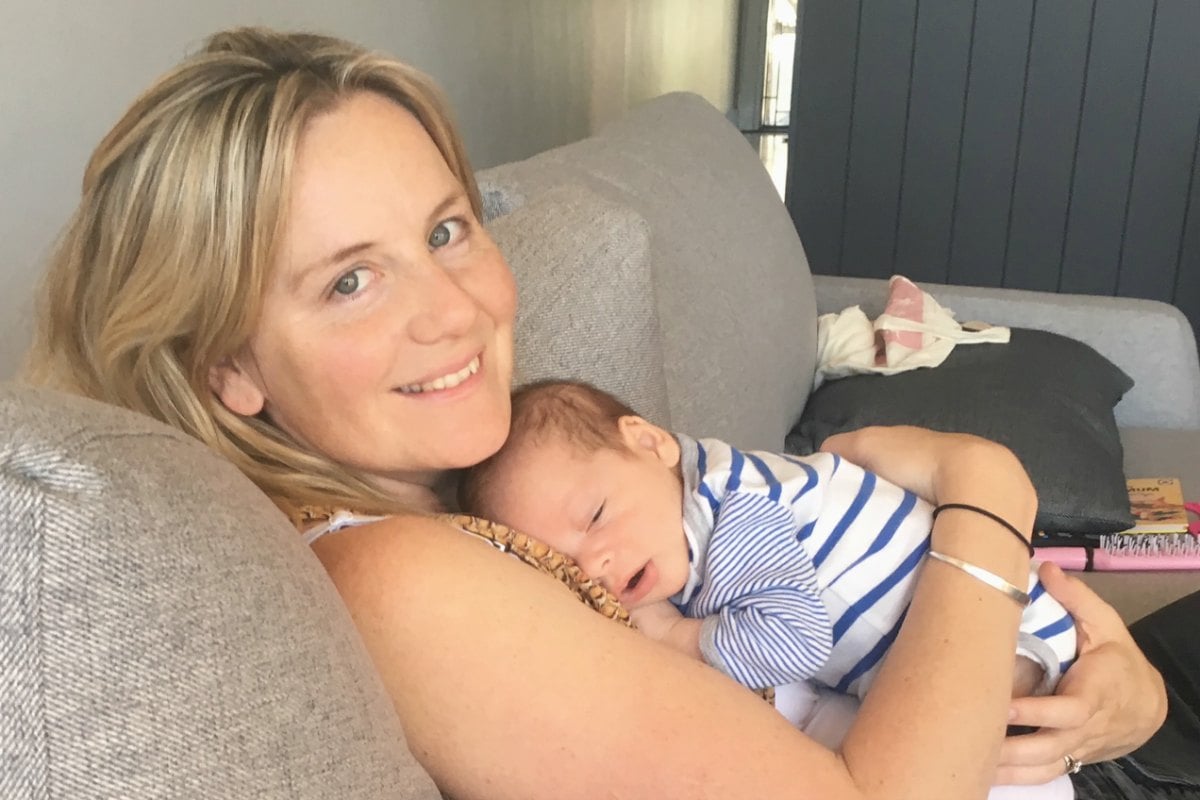
The morning of our baby’s diagnosis started like any other Wednesday with a newborn; in utter chaos. My husband Matt left for work early and I scrambled to breastfeed, shower, get some assemblage of breakfast together and drive my toddler and pre-schooler to their different care arrangements looking presentable, on time and with lunch.
However my phone was ringing incessantly and once I found it in the cavernous cave of my baby bag, I was alarmed to find eight missed calls from the paediatricians rooms asking me to come in that afternoon. I instantly knew something was dangerously wrong with the tiny baby I clutched to my chest when the paediatrician asked me where my husband was.
Even when, a few years before, a scan had revealed the tiny heartbeat of one of the babies I had carried for the first trimester could not be found, no-one had ever asked for my husband to be present.
When I arrived, I looked at the doctor, and saw his eyes were sympathetic and kind. This filled me with dread.
“Where is your husband right now. Is he in the city? He needs to be here for the news I am about to tell you,” he said.
The phrase blood running cold actually doesn’t do the feeling I had justice. Instead it was like a doctor taking an enormous vial of liquid nitrogen and inserting the icy mixture into my carotid artery, rendering my blood, my entire body, completely frozen.
At this point, my youngest child Harry was 20 days old. I was still in the midst of that warm, woolly haze of new love and sleep deprivation.


